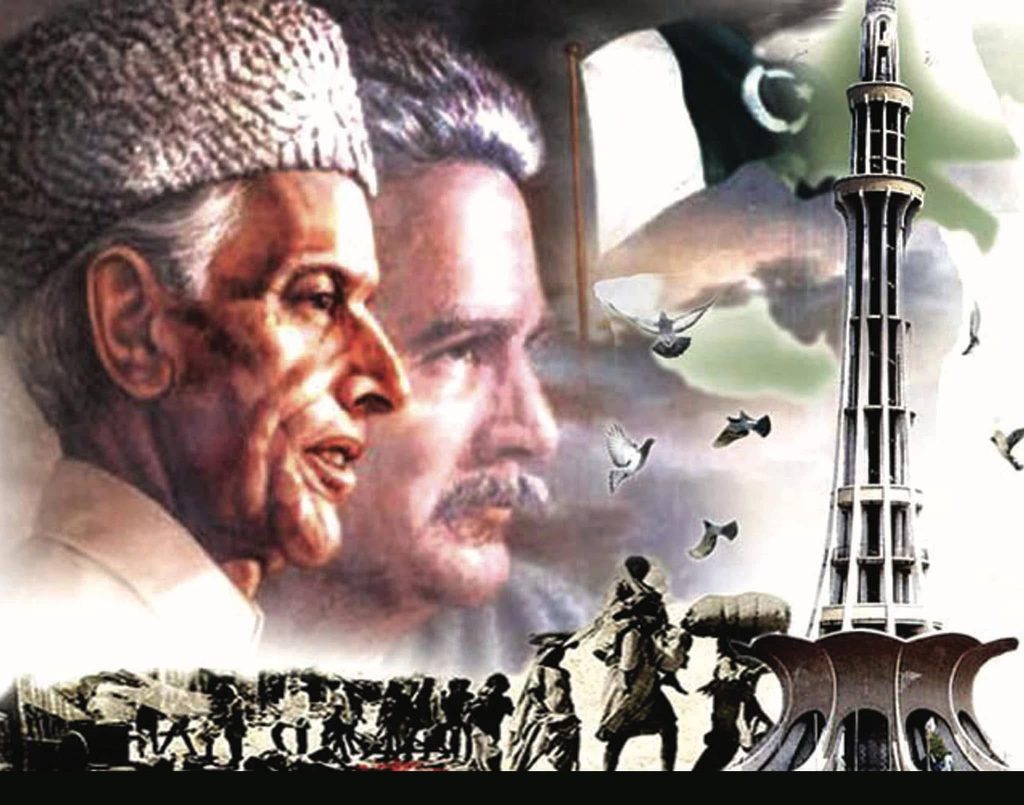The notion presented by some modern so-called intellectuals—that Pakistan was nurtured by the British Empire as a defensive buffer zone against Russia—represents a particular geopolitical perspective which, though somewhat understandable in a historical context, does not fully capture the essence of Pakistan’s creation. During the 19th and 20th centuries, the British Empire placed great strategic importance on Afghanistan and the North-Western Frontier regions to counter Russian advancement towards South Asia. Some researchers interpret Pakistan’s creation as a strategic extension of that policy.
However, contrary to this view, Quaid-e-Azam Muhammad Ali Jinnah founded Pakistan on the basis of the distinct national identity of Muslims and the protection of their political, religious, and cultural rights. He repeatedly stated that Muslims are a separate nation. As he said on March 22, 1940, in Delhi:
“We Muslims are a nation. Our civilization, culture, history, law, ethics, customs, economy, society, rights, and responsibilities are all different.”
Furthermore, in his speech on August 11, 1947, Jinnah presented the state of Pakistan as a democratic state where religion would be a matter of individual belief, and all citizens would enjoy equal rights. In his historic address in Lahore on March 23, 1940, he said:
“The problem of India is not about minorities, but fundamentally about two nations. Muslims and Hindus represent two different civilizations, cultures, and ideologies.”
Similarly, at the Karachi session of the All India Muslim League on December 24, 1943, Jinnah stated:
“Pakistan is not just a piece of land but an ideology, which is based on our religion, culture, and national identity.”
He emphasized repeatedly that Muslims are not just a religious group, but a political nation, as he said on March 17, 1940, at Aligarh University:
“We Muslims are a distinct nation in terms of our civilization, culture, language, law, ethics, values, customs, and calendar.”
Moreover, in his speech on August 11, 1947, Jinnah made it clear that every citizen of the new state would have religious freedom, and the state would not be associated with any specific religion. This affirms that Pakistan was envisioned as a democratic and tolerant state, not merely a buffer zone established for the benefit of an international power.
Although British interests did influence the political backdrop of Pakistan’s creation, the process of its formation was a complex blend of ideological, political, and geographical factors. Viewing it through a singular lens is akin to doing injustice to history.
Altaf Choudhry
21.04.2025



Leave a Reply